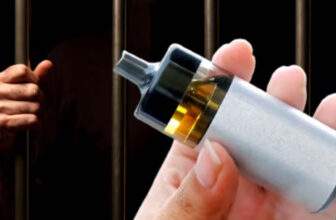
Belarus has decided against a complete ban on vapes (electronic cigarettes), instead proposing stricter regulations and licensing for the market. A draft law, "On tobacco raw materials, tobacco and non-tobacco nicotine-containing products, electronic smoking systems, liquids for them, and tobacco consumption systems," has been submitted for public discussion, signaling a shift from earlier considerations of an outright prohibition.
The rationale behind this approach is that a total ban could exacerbate the problem by fueling illegal trade, given the "certain consumer demand" for these products. Authorities estimate that approximately 77% of disposable vapes currently enter Belarus illegally, resulting in an annual loss of around 130 million rubles in excise taxes. The new draft law proposes to introduce licensing for the production, storage, import, and wholesale/retail trade of vapes and related items, alongside strengthened state control and monitoring.
New restrictions on use are also included, such as prohibiting vaping near the entrances of residential buildings. This regulatory path was chosen despite previous high-level discussions about a full ban, including considerations within the Council of the Republic. Health concerns remain, with experts like Dr. Viktor Kondratovich, chief physician of the Minsk City Clinical Oncology Center, previously highlighting links between vaping, formaldehyde exposure, and an increased risk of cancers and cardiovascular diseases. However, the bill's authors now argue that regulation, rather than prohibition, is a more effective way to manage the existing market and mitigate risks associated with an uncontrolled black market.







